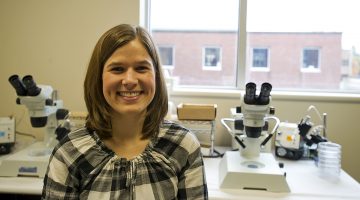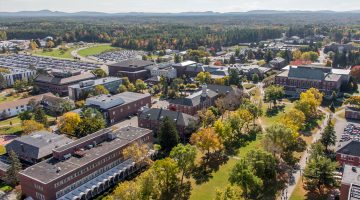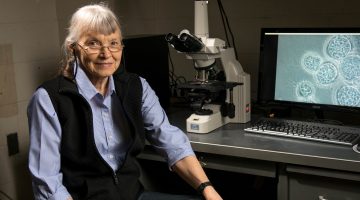Student discovers new wasp species, AP reports
The Associated Press reported University of Maine student Hillary Morin Peterson discovered a new species of wasp. The Maine Department of Agriculture, Conservation and Forestry said Peterson discovered the species, which doesn’t sting, while conducting work for her thesis. The Brunswick resident named the wasp Ormocerus dirigoius, in tribute to Maine’s motto, “Dirigo,” which means “I […]
Read more


